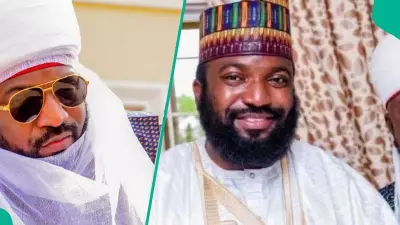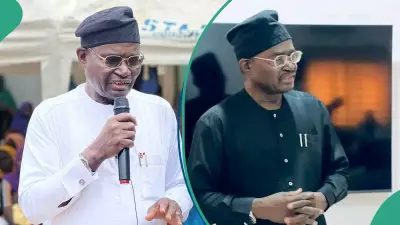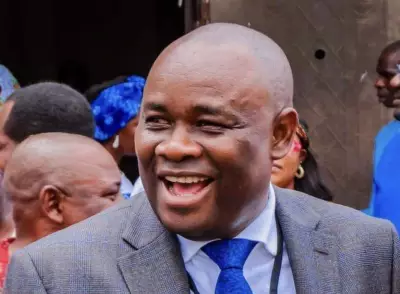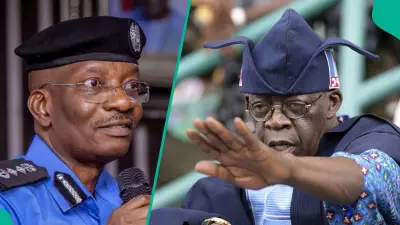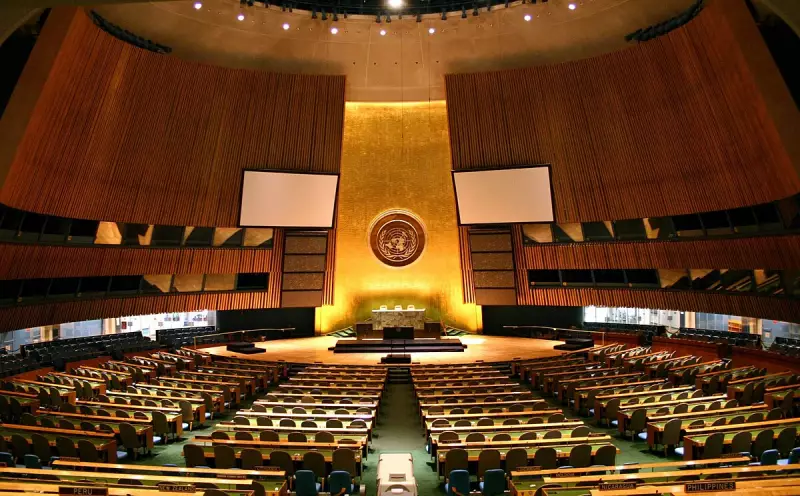
The United Nations, once hailed as the beacon of global peace and cooperation, now stands at a critical crossroads as it commemorates 80 years of existence. The international body faces mounting pressure to reform its outdated structures or risk fading into irrelevance in an increasingly complex world.
The Growing Calls for Change
Since its establishment in 1945, the UN has operated under a framework designed for a world that no longer exists. The most contentious issue remains the Security Council's permanent membership and veto power, which reflects the power dynamics of the post-World War II era rather than today's geopolitical reality.
Many nations, particularly from the Global South, argue that the current system unfairly concentrates power in the hands of five countries while excluding emerging powers and regional representatives. This imbalance has repeatedly hampered the UN's ability to respond effectively to international crises.
Modern Challenges Require Modern Solutions
The UN now confronts challenges its founders could never have imagined: cyber warfare, climate change, pandemics, and transnational terrorism. These borderless threats demand coordinated global responses that the current UN structure struggles to deliver.
Recent years have witnessed numerous instances where Security Council gridlock prevented decisive action on humanitarian crises and conflicts. The veto power has been used to protect national interests at the expense of global welfare, undermining the UN's credibility and effectiveness.
The Path Forward: Necessary Reforms
Experts propose several key areas for urgent reform:
- Security Council Expansion: Adding permanent and non-permanent members to better represent today's power distribution
- Veto Power Restriction: Limiting or eliminating the veto in cases of mass atrocities
- Financial System Overhaul: Creating more stable and equitable funding mechanisms
- Decision-Making Modernization: Streamlining bureaucratic processes for faster response times
A Race Against Time
As the UN enters its ninth decade, the window for meaningful reform is closing. The institution must demonstrate its continued relevance by adapting to contemporary realities or risk being sidelined by emerging multilateral frameworks and regional organizations.
The success of these reform efforts will determine whether the UN can fulfill its founding mission of maintaining international peace and security in the 21st century, or whether it will become merely a historical relic of a bygone era.



